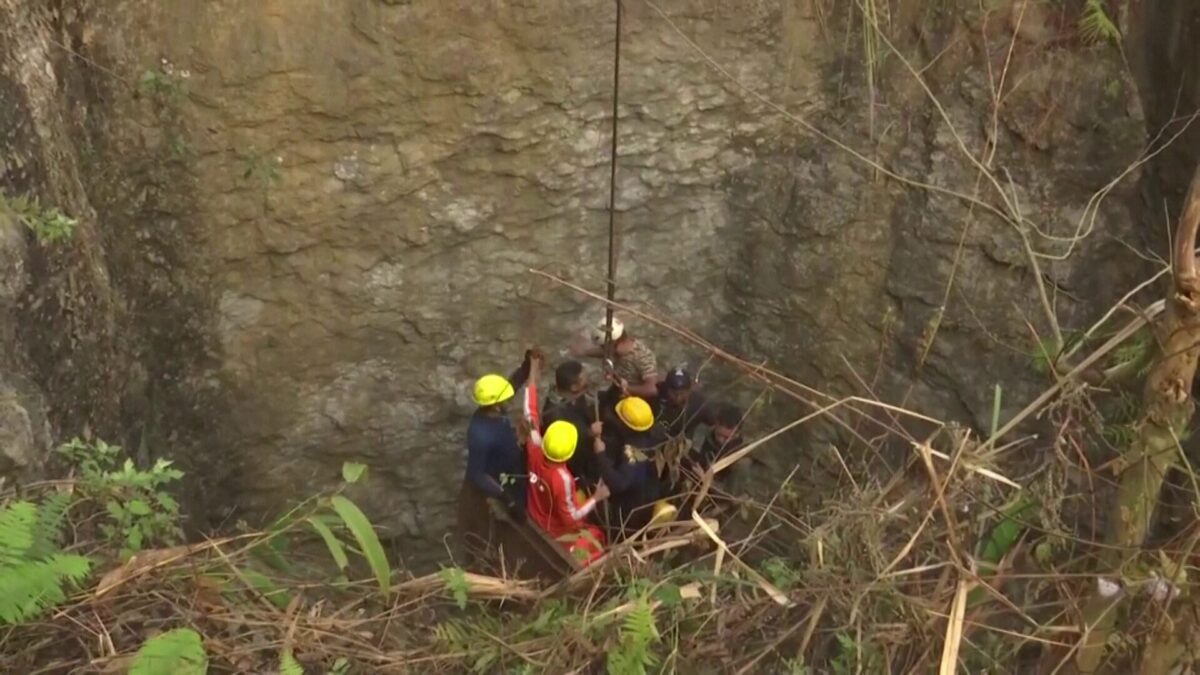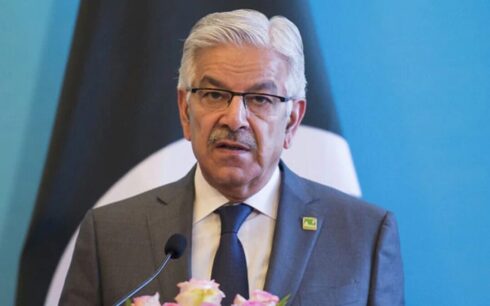GUWAHATI, India — Rescuers recovered the body of one miner from a flooded coal mine in northeastern Assam on Wednesday, two days after nine miners became trapped underground. Efforts to locate the remaining workers continue amid challenging conditions.
The mine, situated in a remote district, is approximately 300 feet deep and features a network of underground tunnels. Officials believe it flooded early Monday morning after miners inadvertently breached a water source.
“We attempted one dive, and this was a joint operation with Army divers,” said H.P.S. Kandari, a commandant with the National Disaster Response Force. “They also went inside, and one body has been recovered.” He noted that the operation is fraught with risks due to the confined and dark environment underwater.
Officials confirmed that the mine is illegal, a practice that remains prevalent in parts of northeastern India despite a 2014 ban on so-called “rat hole” mining. These mines, named for their narrow, worker-sized tunnels, were outlawed due to their high fatality rates and significant environmental damage.
Rat hole mining remains a persistent issue in the region, where enforcement of the ban has been inconsistent. The practice is often driven by economic hardship, with local workers and their families relying on the illegal trade for their livelihoods despite the dangers.
Rescue operations ongoing
The search for the remaining miners involves specialized teams and equipment, but rescuers face considerable challenges, including poor visibility and unstable conditions within the flooded tunnels. Officials have not provided an estimated timeline for the operation.
The tragedy highlights the continuing risks associated with illegal mining and the difficulties in enforcing regulations in India’s northeastern states. The authorities are expected to investigate the circumstances surrounding the mine’s operation once the rescue mission concludes.
This incident follows a series of similar mining accidents across India, underscoring ongoing concerns about worker safety and environmental oversight in the country’s extractive industries.





